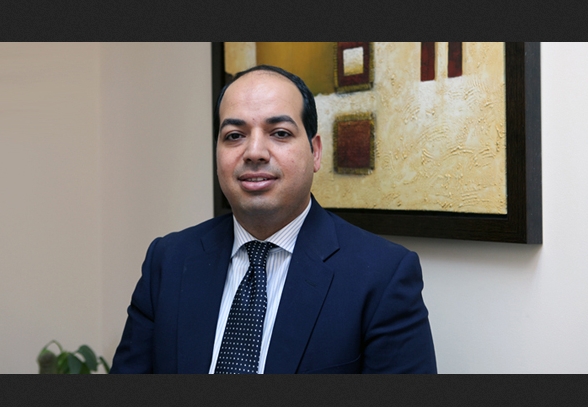Interview with Ahmed Maiteeg, General Manager of Thobacts Hotel and Managing Director of DAA Construction & Engineering
Let’s talk first about the competitiveness of Libya. In a study carried out by the World Economic Forum which was published in the Global Competitiveness Report 2010-2011, Libya is positioned very badly in terms of the control of corruption, rule of law, regulatory quality, government effectiveness, political stability, accountability etc. What is your own take on the business environment in Libya? And also, in the current post-Gaddafi era, what is the vision for the future in the competitiveness terms?
You have said it all, you haven’t left anything out! Although I think this report has accurate numbers, we have to remember that Libya has been under a regime that lasted over 4 decades, and especially in the last 2 decades of that regime, Gaddafi tried to have everything owned by the state. All the companies doing business in Libya were owned by the government and there was no efficiency or competitiveness, the employees knew they would have their salary at the end of the month and that was that. There was no motivation for development.
This was one of the biggest problems during the regime; there was no motivation to develop, to train or to be as efficient as possible. People went to work just to be there. I think this has happened all over the globe in different dictatorships. I hope that Libya will change a lot over the next 2-3 years. Since 2011 Libya has been developing its private sector which since then experienced more than 60 -70% growth, although some rules and regulations still remain from the old regime.
The Ministry of Economics still follows the same constitution, if we had a constitution then, what we had was many government companies ruling the economics of Libya. I think in the next 2 to 3 years a lot will change. Most of the business done in Libya nowadays is being done the private sector and as you know, the private sector is the best for competitiveness and efficiency.
When we interviewed Dr. Karoud from the Libyan Stock Exchange he said that the private sector only represents 5% of the real economy. Would you say that this figure is accurate? If it is, it is very low compared to the public sector which is not healthy.
Well, it depends if you talk about how much money they have or how much business they do in Libya. I think he is talking about the entire budget of Libya. It is different when you look at who is running the local market for example, it is the private sector, but if you look at who has the money in Libya, of course it is the government. So if you divide by the capital that the private sector has then you will find the figures that you mentioned. However, if you look at who is trying to do business now in Libya, it is the private sector.





